Sump Pump Installation in Massapequa Park, NY
Stop Basement Flooding Before It Starts
Professional sump pump installation that actually works when Long Island storms hit hardest.
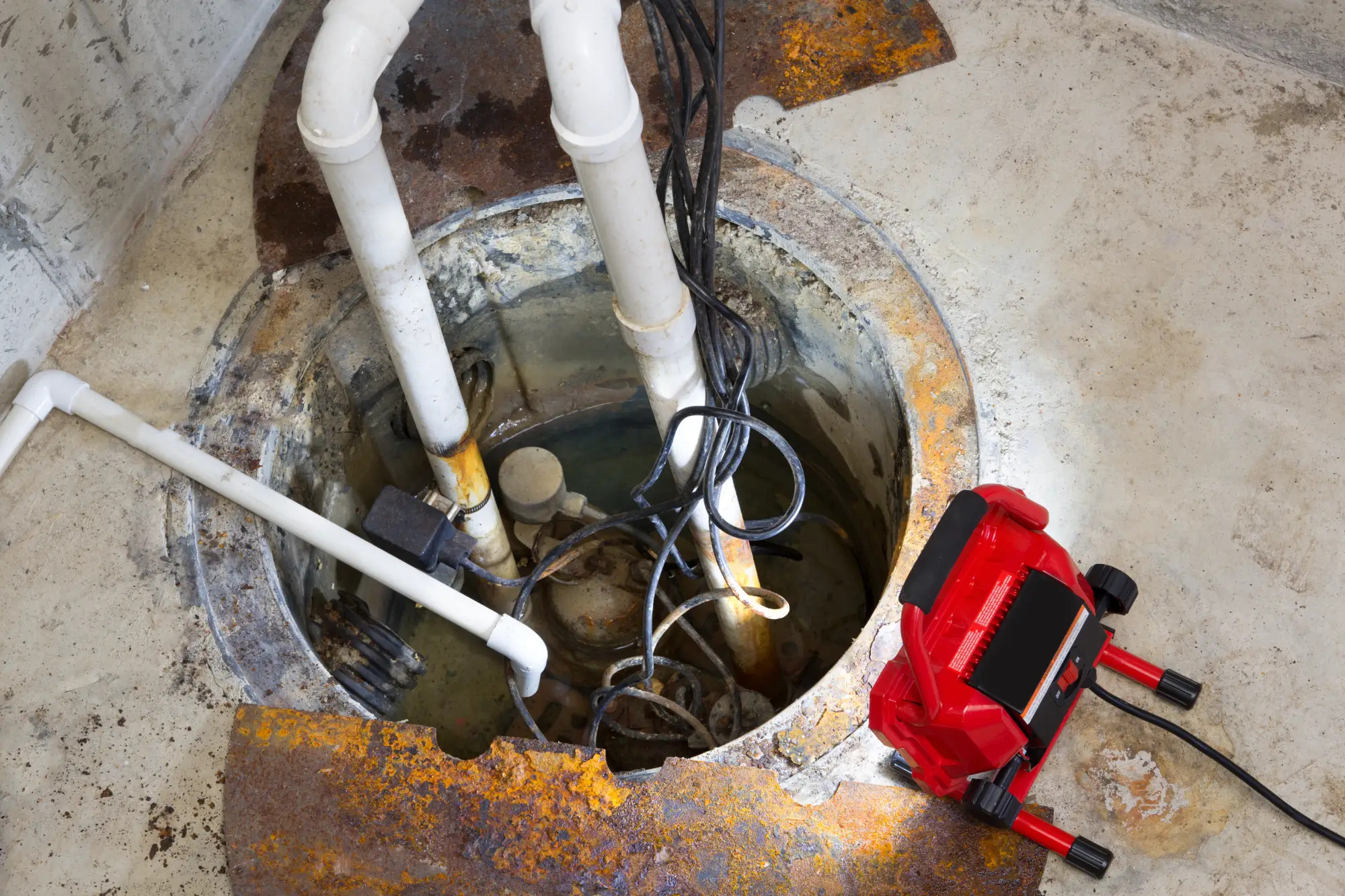
Hear About Us
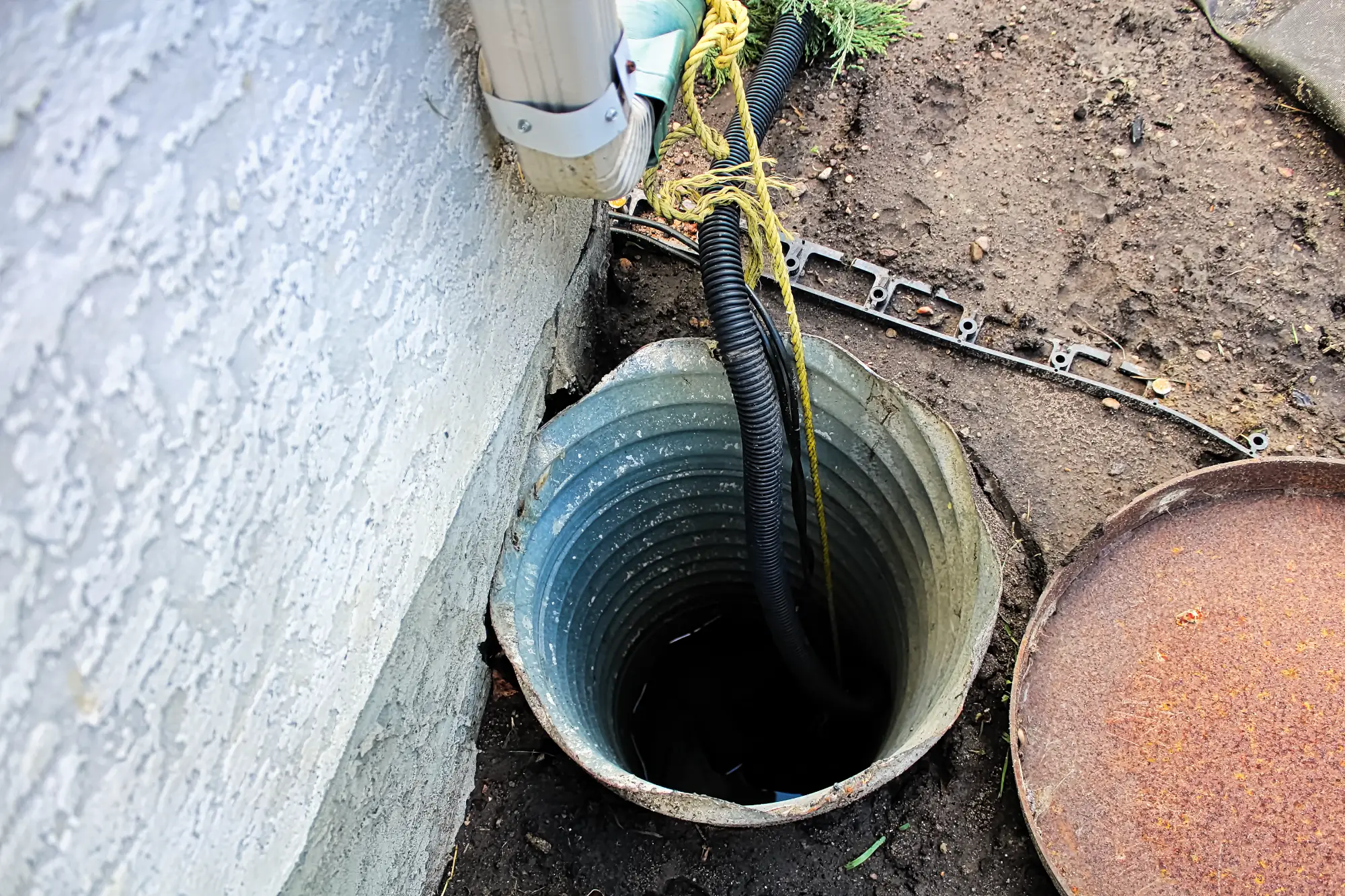
Reliable Basement Sump Pump Systems
You’ll sleep better knowing your basement won’t flood during the next big storm. No more rushing downstairs every time it rains hard, no more soggy boxes of family photos, no more wondering if your sump pump will actually kick in when you need it most.
A properly installed basement sump pump system handles whatever Long Island weather throws at it. Heavy spring rains, summer storms, even those surprise downpours that catch everyone off guard – your basement stays dry.
You get peace of mind that comes from knowing a professional assessed your specific situation and installed the right system for your home. Not some one-size-fits-all approach, but a custom sump pump solution that actually fits your basement’s unique needs.
Massapequa Park Sump Pump Installers
Diamond Masonry & Waterproofing LLC has been protecting Long Island basements for years. We understand how water moves through Massapequa Park’s soil, where the problem spots usually develop, and which sump pump systems actually hold up in our climate.
Most basement water problems aren’t just about the sump pump – they’re about understanding how your specific home sits on the lot, where water naturally flows, and what kind of system will work best for your situation. That’s the difference between a quick fix and a real solution.
We’re not the cheapest option, and that’s intentional. You’re investing in a system that works when you need it, installed by people who’ve seen every type of basement water issue Long Island can throw at a home.
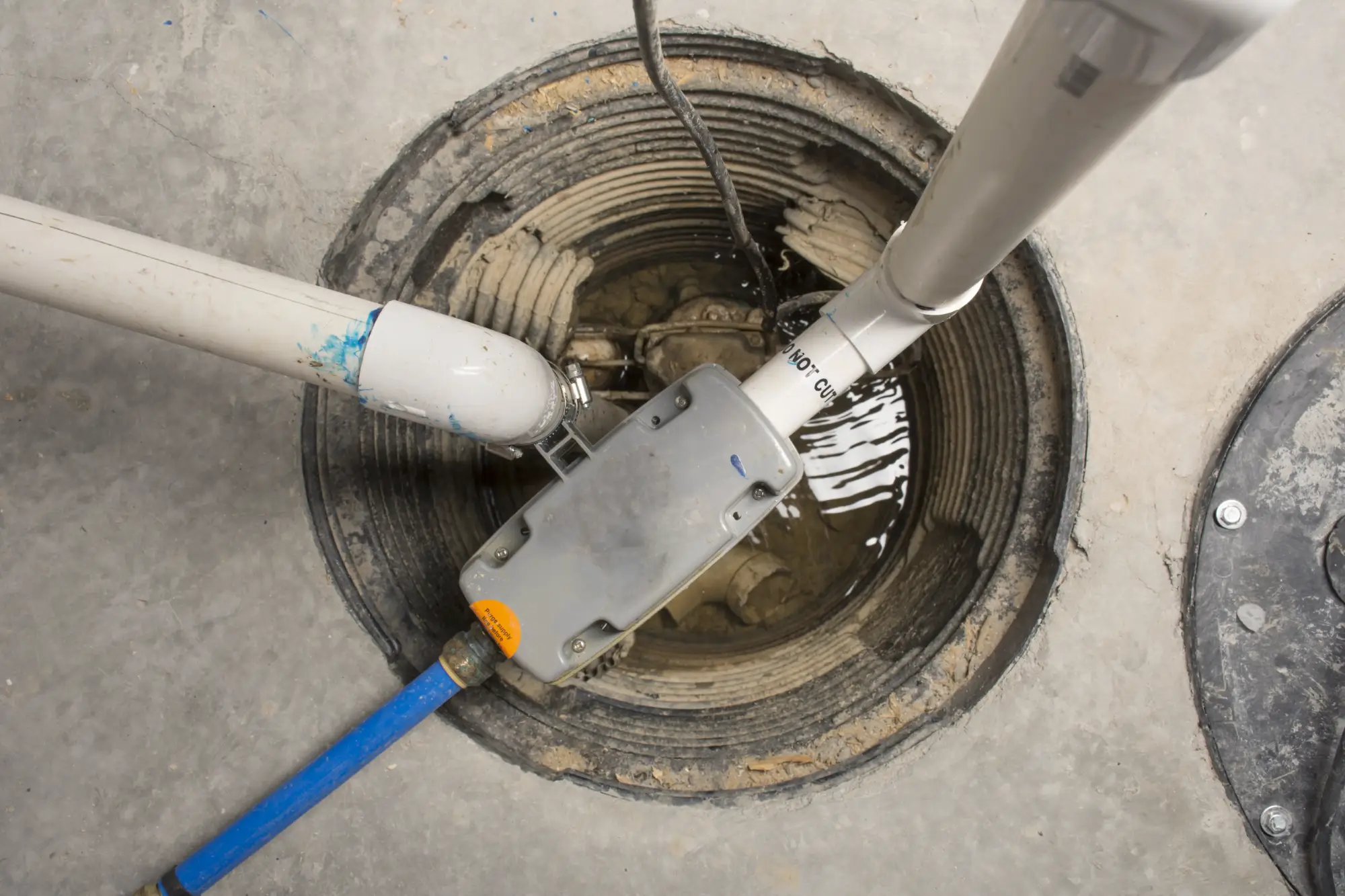
Professional Sump Pump Installation Process
First, we assess your basement’s current drainage situation. This isn’t a five-minute walkthrough – we’re looking at how water enters your space, where it collects, and what’s causing the problem in the first place.
Next, we recommend the right sump pump system for your specific needs. Some homes need basic submersible pumps, others require battery backup systems, and some situations call for more comprehensive basement protection. We explain what we’re recommending and why.
Then we handle the installation properly. That means digging the sump pit to the right depth, installing proper drainage connections, setting up the pump system correctly, and testing everything to make sure it actually works. You’ll know exactly how your new system operates before we leave.
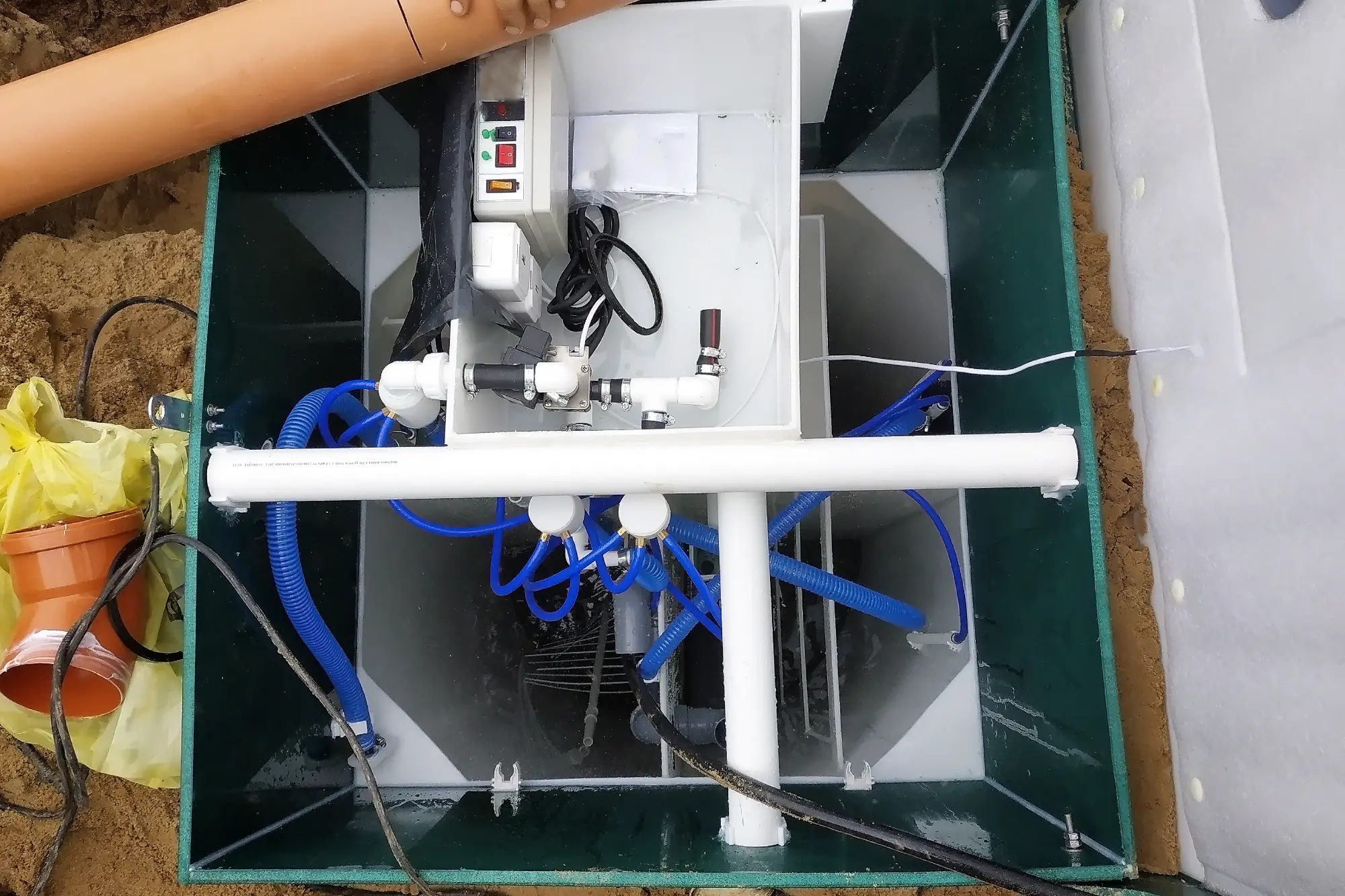
Ready to get started?
Explore More Services
About Diamond Masonry & Waterproofing
Get a Free Consultation
Custom Basement Protection Solutions
Your sump pump installation includes everything needed for reliable basement protection. We install high-quality sump pumps designed to handle Long Island’s water table conditions, not bargain equipment that fails when you need it most.
Every installation includes proper pit excavation, professional pump placement, and drainage connections that actually work. We also explain how to maintain your new system and what warning signs to watch for.
Many Massapequa Park homes benefit from battery backup systems, especially if you’ve experienced power outages during storms. We’ll let you know if your situation calls for backup power and explain the options without pushing unnecessary upgrades. The goal is a system that protects your basement reliably, whether you’re home or away.
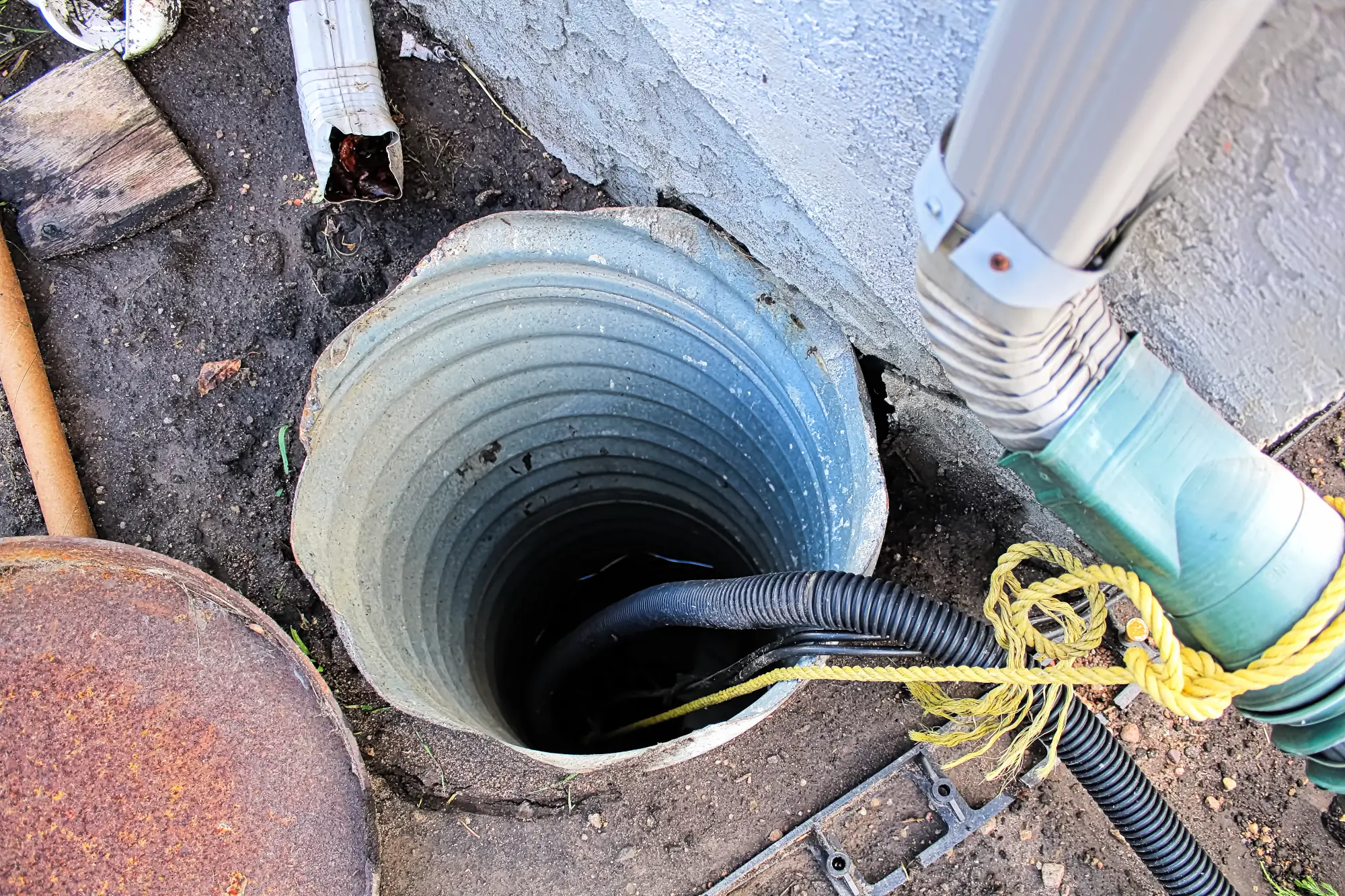
How do I know if I need a new sump pump installation?
What type of sump pump system works best for Long Island homes?
How long does sump pump installation typically take?
Do I need a battery backup system for my sump pump?
How much does professional sump pump installation cost in Massapequa Park?
What maintenance does my new sump pump system require?
Local Resources
- Google Map Link
- Find the Massapequa Park, NY USPS
- Locate Nearby Massapequa Park, NY Pharmacies
- View the Current Weather in Massapequa Park, NY
- Massapequa Park, NY is located in Nassau county in New York State